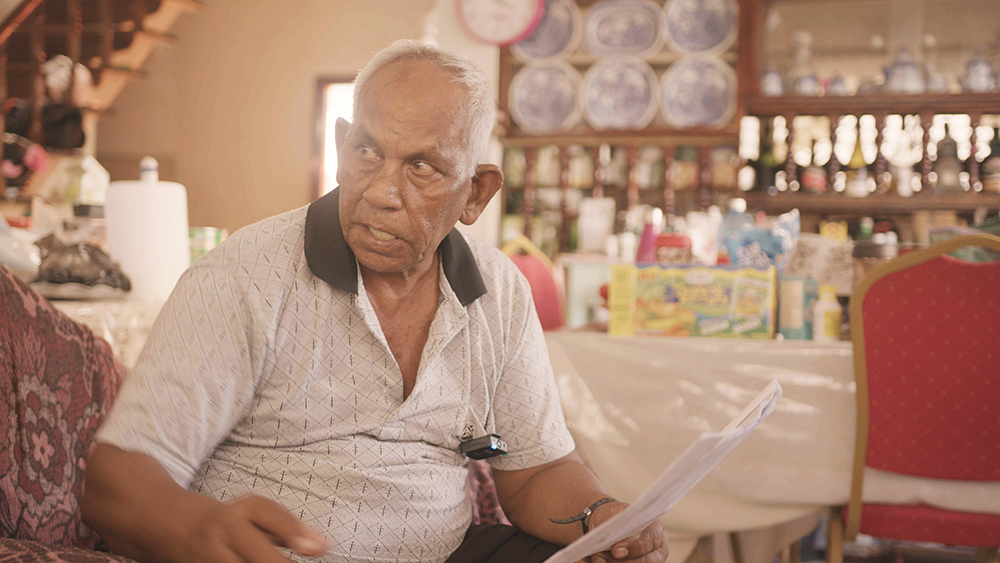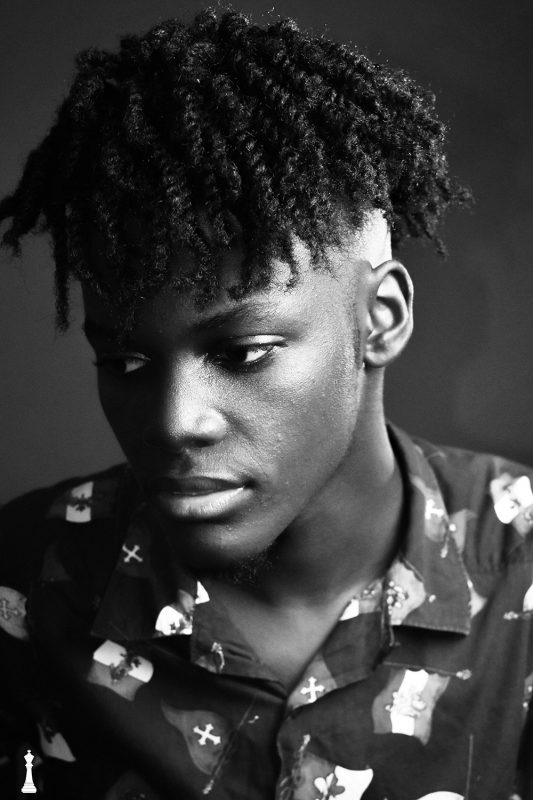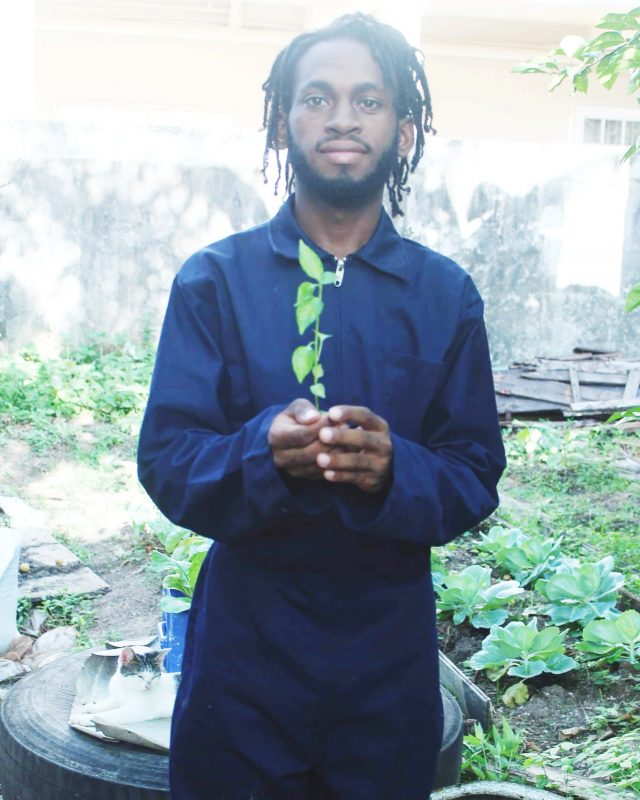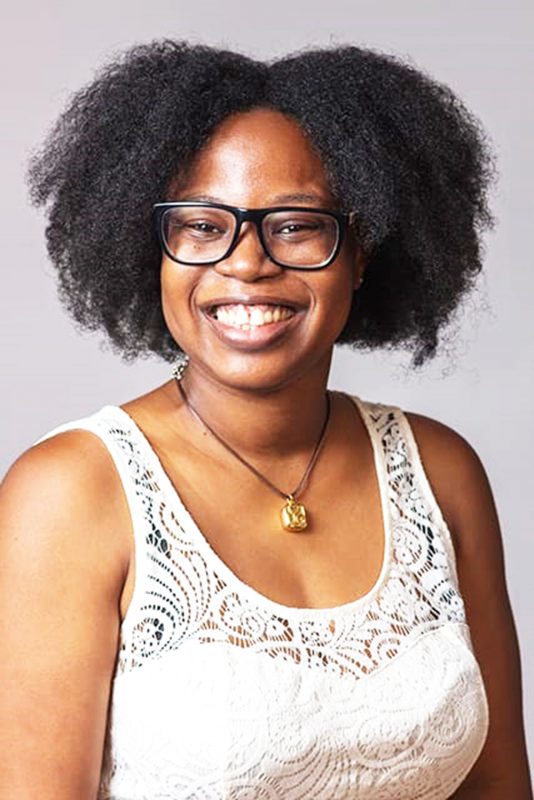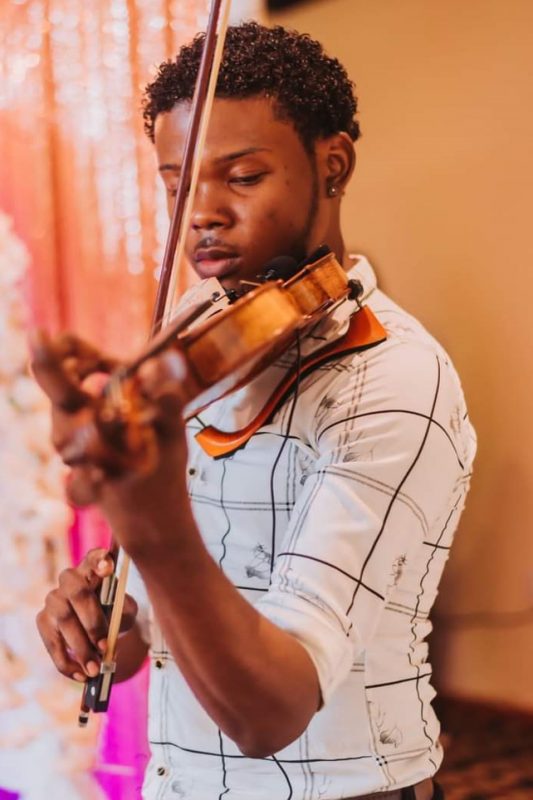By Rae Wiltshire
I look forward to meeting new people with different experiences. It has made my life richer.
Each person has a story that can bring a new dimension to understanding the world. Listening to their hopes and dreams is one of the best gifts I have received this year. Each individual gave me a shard of their life.
I journeyed to Lusignan and witnessed the hopeful imagination of a drummer. A conference with marginalised communities highlighted for me their similarities; not differences. I met young people who inaugurated a cosplay event, Fumacon, in Guyana. I also interviewed a violinist who called himself dunce but taught himself multiple musical instruments. There was also the agriculturalist who has continued the generational tradition of farming, a graphic artist who improved his craft by practising self-care, a young woman looking for purpose who has spent over a decade at an NGO working to empower children of the Rupununi, and a tattoo artist who has decided to live a life that is meaningful to him, not society. Each story left me with a memory or a thought that never occurred before.
Mangal Persaud Rhagunandan, also known as Mr Rhagu is an East Indian drummer from Lusignan. He has childhood memories of a Tajdah festival; in his memory the festival helped to unite East Indians and Africans. He spoke fondly of this festival that no longer exists and imagined that its return could be good for race relations in Guyana. He has lived through race riots but it has not deterred him from imagining a post-racial utopia. His dreams come from his childhood. Childhood can be rich with a wondrous imagination. In a capitalist world, where productivity is key, sometimes we forget we can play and imagine a society that is better. Hope should not die. He made me less cynical about Guyanese race relations.
At a conference hosted by the University of the West Indies Rights Advocacy Program (U-RAP) one quote stuck with me. They were the words spoken by a Trinidadian lawyer, Ria Mohammed-Davidson: “All marginalised communities have a common experience of exclusion and otherness and what we need to do is figure out ways for all of those communities to come together and harness their energies and resources to push for social change.” In the midst of challenges, we can feel that our problems are [are] not universal and are the only people to experience it. As human beings we can have a collective experience and sharing this with others can form a thread of connection which can create a sense of belonging and community. Our emotions might be unique, but the situation which led to the feelings can have similarities and we should cling to this in a world where powerful individuals can thrive on isolating and comparing differences for nefarious reasons.”
Communities were also built this year by youth. A group of young people decided to have a cosplay competition that brought out a section of our society that enjoys Japanese culture of anime, manga and other forms of media. It was joyous watching young entrepreneurs filling a gap in the marketplace. Young people decked out in costume from their favourite animes, mangas, TV shows and other forms of media came together and expressed themselves in costume. Often this community of people can feel disjointed and it was the first time I have seen such an event in Guyana. This is how communal networks can form and give us a sense of belonging.
Separate from the community is a boy who likes to wander. Violinist Akeem Adams was challenging to interview due to his shyness and introversion. But in many ways he reminded me of myself and how I viewed the world through a lens of idealistic imagination with a fear of showing people any work I had written. It was like talking to my younger self. Akeem Adams would often use self-deprecation despite being able to play several instruments. I thought he was downplaying his abilities. I relieved pressure from myself by not having an objective. I just wanted to find a connection. I asked about the music he wrote and managed to get more than one or two sentences. I needed to dig deeper when a subject is difficult to get to know. Relax and create a space for them to be themselves; find their interest, listen and learn. This would serve me well in the future.
The next subject gave me an idea for a film. Joshua Macey is an agriculturist whose great-grandmother had a profound influence on his love for farming. In high-school, I did agricultural science and there was this stigma attached to farming. Those who did not do the subject saw it as “slave work” or something menial. I did not care for this mentality, but believed it was due to our history of slavery and indentureship. Persons want to move as far away from the land as possible because of this history. Joshua enjoys planting. His ability to feel the land and nourish oneself from the land brings him riches. It is not menial for him and it came from a strong matriarchal figure. I do not know why this story made me want to create a film from it, but I am not going to question my love of his experience, I shall just do it because I have an instinct and will not over-analyse my feelings.
That’s the approach of tattoo artist Keion Singh, who is a man who does what he likes in life. There was no intellectualising of why he likes tattoos. He likes tattooing because it makes him happy. Why does it make Keion happy? He doesn’t know and refuses to question the euphoria it brings. He is not the Greek statue leaned over with his chin on his fist thinking. He refuses to complicate his life. Speaking with Keion was a breath of fresh air. There is sometimes the pressure we put on ourselves to accomplish rather than just enjoying the journey and appreciating the things we love. He did that and I am going to take that life philosophy into next year, or at least do my best.
We can do things we like and enjoy the stuff that brings us joy but it is important to remember to love ourselves and take good care of ourselves. Akeem King is a talented creator who specialises in graphic designs but beyond that he understands the importance of taking care of his mind and body. Oftentimes, we can get so caught up in the work that we do not take stock of things beyond that which makes us happy. Akeem is aware of this and his work has benefited because of this. In a world that demands we have special skills and we produce to survive it is important to look after ourselves in life. Work is good but without a healthy individual work might not be possible.
Finally there was Neketa Forde, president of Eírîpan, an NGO that supports indigenous children with school supplies. It was a journey to find her purpose that eventually led to a school being built in one of the villages by the government because they compiled a list of students to prove a school was needed. She did not seek out to build a school but it happened naturally. When a journey begins, we cannot see all the stairs in front of us but if we keep climbing to our dreams amazing things can happen.
